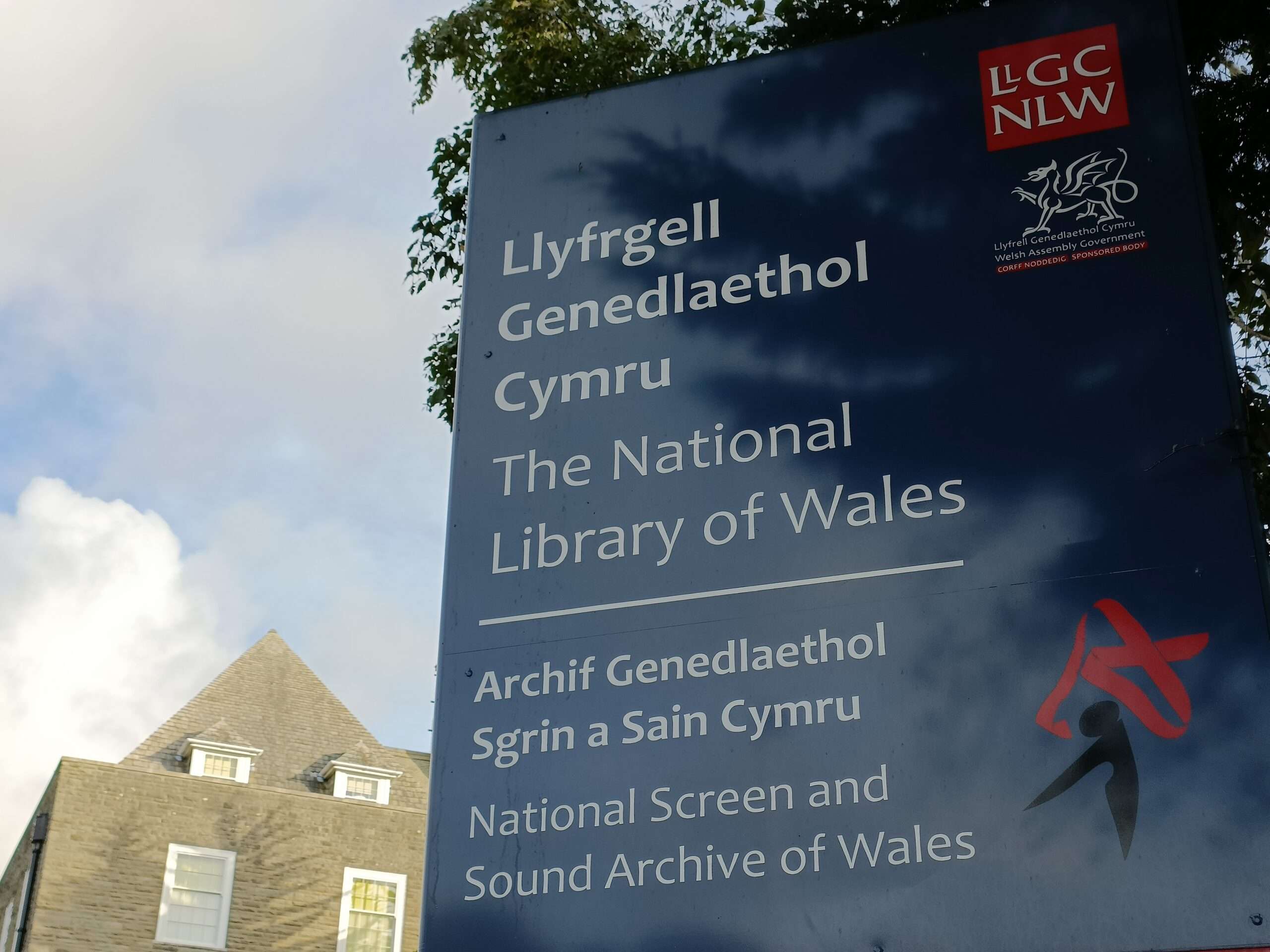Mr Lake said that “the current societal crisis our communities are facing should force a fundamental rethink of our approach to taxation.”
He pointed out that much of the UK’s wealth remains untaxed, with people profiting from investments currently taxed at lower rates than those earning through work. Plaid Cymru said that equalising Capital Gains Tax with Income Tax could generate up to £15.2 billion annually for public services.
The Ceredigion MP urged the Chancellor to use the Budget to focus on “the urgent need for investment in public services and infrastructure”, which could be achieved through reform of the tax system.
Wealth earned through investment is taxed at a much lower rate than income. For example, Rishi Sunak earned £140,000 as Prime Minister last year, which is subject to income tax. Additionally, he received nearly £1.8 million from his stake in an investment fund. This capital gain was taxed at 20%, far below the 45% rate of income tax he would have paid if that sum had been treated as income in the UK tax system.
Plaid Cymru Treasury spokesperson, Ben Lake MP said:
“Wales has the highest levels of poverty in the UK, with no significant improvement in people’s outcomes over recent years. The number of people relying on food banks has risen, and the percentage of people living in relative income poverty remains high.
“It is within this terrible context that the Chancellor will present his budget. While the public discussion has centred around tax cuts, it would be a mistake to neglect the urgent need for investment in public services and infrastructure.
“Fundamental tax reform could help fund such investment. It may not feel like it, but the UK remains the sixth largest economy in the world.
“Currently, income earned from work is taxed at a much higher rate than income derived from investments. The Chancellor should consider whether this discrepancy is appropriate given the significant strain on public services, and indeed whether we can afford it.
“The current societal crisis our communities are facing should force a fundamental rethink of our approach to taxation. Our tax system should focus on supporting economic activity and reducing inequality, while ensuring sufficient resources are available to meet the costs of public services. The current tax system is failing on all three counts.”







